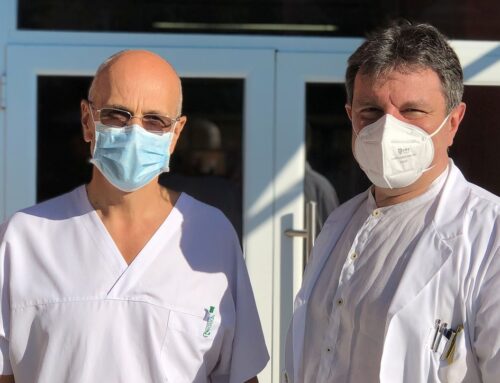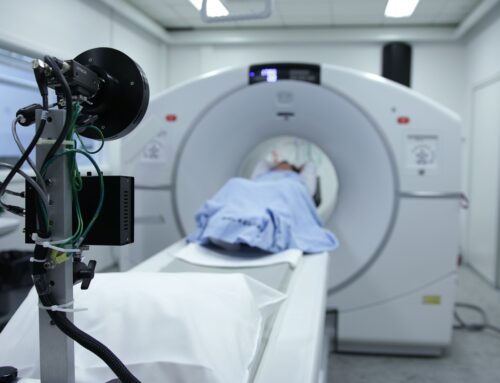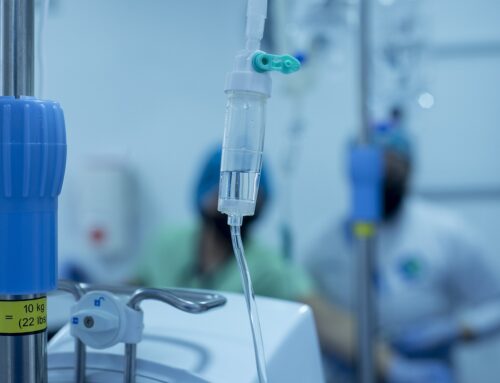Have you been struggling with health concerns that doctors can’t seem to understand? If you have a rare disease and spent months or years trying to receive the correct diagnosis, we know the struggles you have been through. If healthcare workers are negligent when treating patients, there may be an opportunity to pursue a personal injury claim for medical malpractice, but does this apply when dealing with extremely rare disease misdiagnosis? Today, we will take a look at what happens when a rare condition receives a misdiagnosis.

The Puzzling Reality of Rare Disease Misdiagnosis
Rare diseases, typically those affecting fewer than two hundred thousand individuals in the U.S., present entirely unique challenges for medical providers and those suffering from the conditions. Despite medical advancements, these conditions’ rarity and often obscure symptoms lead to a higher misdiagnosis rate. Many healthcare professionals may encounter such diseases only once in their careers, if at all, contributing to errors. If someone is diagnosed with the wrong illness, they are likely to receive subpar treatment that does little to nothing to deal with their issues.
Patients often endure unnecessary procedures, with some facing invasive surgeries or aggressive medications that fail to address their actual condition – but can still bring side effects. It can also be extremely emotionally taxing on someone when, no matter what doctor they see or what medications they take, their condition doesn’t improve. Patients and their families often experience a rollercoaster of hope and despair that causes a profound sense of mistrust in the healthcare system.
Misdiagnosis can also lead to substantial medical bills for unnecessary treatments. Without addressing symptoms, a misdiagnosis can cause prolonged absence from work that worsens someone’s financial situation. A personal injury or medical malpractice claim may be one option to receive compensation for your situation.
Legal Recourse: How a Personal Injury Attorney Can Help
Given the inherent complexities of rare diseases, even seasoned healthcare professionals might not immediately recognize the signs, making honest mistakes during patient treatment. This scenario complicates proving negligence, as the legal system must differentiate between a genuine diagnosis error and a breach of the “standard of care” they owe to patients.
This “standard of care” is a key hurdle to overcome when pursuing a personal injury claim. This standard may not be as clearly defined for rare diseases, making it harder to demonstrate that a healthcare provider failed to act the same way a competent professional in their field would have acted, given the same information. If you have visited many doctors and professionals who all missed the true nature of your condition, it indicates that the signs were not obvious, and it may be hard to prove that your primary doctor should have known better.
However, there may be factors that influence your case. For example, some rare diseases are heavily influenced by genetics. Depending on your family history, the chances of a particular disease manifesting may be magnitudes higher than a random person in the population. Doctors who fail to consider the unique personal factors of their patients may have breached the standard of care.
In addition, it is still entirely possible for a doctor to miss all the warning signs of a disease, even if it is relatively rare. Some conditions have combinations of symptoms that doctors who take the time to research can use for identification. Part of the importance of hiring a personal injury lawyer to help you after a misdiagnosis is to call upon their experience in building cases that prove the negligence of doctors in medical malpractice cases.
Have you received a misdiagnosis and continued to struggle with health complications, financial stress, or mental anguish? Call Probinsky & Cole today to speak to a member of our team and learn about your compensation options.







